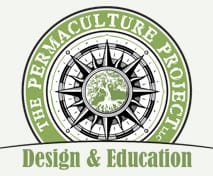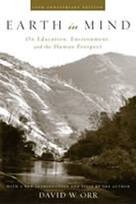“There is a related loss that is even harder to measure: the loss of the sort of intelligence about the land that once resulted from the close contact with soils, animals, wildlife, forests, and the seasons fostered by farming and rural living. For all of their environmental destructiveness, farms have been in large part the places where Americans were instructed in the realities of nature. To be sure, the lessons were incompletely learned, and sometimes they were not learned at all. But when they were learned and practiced as a kind of craft work, great intelligence was evident and, I think, great satisfactions resulted from a collective effort “to fit close and even closer” into the land. We no longer see agriculture that way but rather as an act of domination to force ever higher yields from the land. Whatever the gains in “productivity,” I think we are a less intelligent society than we otherwise might have been.
What Gene Logsdon (1984) called “traditional agriculture” stretched and multiplied the intelligence of those who did it well. They had to know a fair amount about a great many things: animal husbandry, soil science,
nonchemical ways to control bugs and weeds, crop rotations, wood lot management, timber-frame construction, mechanics, and even the weather. Good farmers were good naturalists who knew their places well and knew how to use them well. They are still the best model we have for what is now called “sustainable farming.” Moreover, they had to be, in the main, good neighbors and community members. Some of those who still fit this description have learned how to use the sun to dry crops and heat livestock shelters. A few are relearning how to harness the wind. And a handful are way out in front of the society by learning to power their farms with solar-generated hydrogen fuels . The kind of intelligence evident in good “traditional farming” is in inverse proportion to the amount of purchased “inputs.” It is the result of the kind of mind that is willing to be instructed by a place and all that is part of it.
Gretel Ehrlich (1990) has described the process in these words: Once we understand where and why life occurs and how to stop destroying it, a mindfulness about everything spreads. The land tells us what it needs and when; we just have to be awake, to listen, and to scrutinize the ground … a ranch [or farm] is a teacher.”


